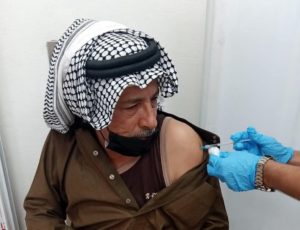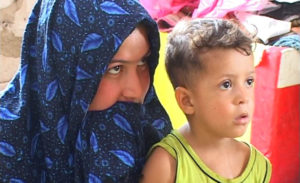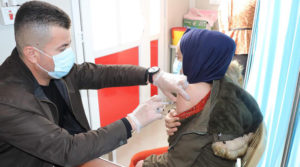Prime Minister’s Special Envoy for Freedom of Religion or Belief, Rehman Chishti, opened this event which discussed what needs to be done to address religious inequalities, in many cases exacerbated by the Covid-19 pandemic, in a post-Covid-19 transition.
Despite much of humanity being faced with one of its worst pandemics for over a century, Covid-19 has not been a great equaliser. Pre-existing vulnerabilities have been exposed and social, economic, gender and religious inequalities have been exacerbated. If we do not address these inequalities now, the situation could be dramatically worse for religious minorities around the world, in the wake of Covid-19 and its manifold consequences. So, what can be done?
Watch again
Keynote address
Rehman Chishti MP, Prime Minister’s Special Envoy for Freedom of Religion or Belief
Chair Mariz Tadros, CREID/IDS
Speakers
- Ali Abbas Zaidi, Founder, HIVE (Pakistan)
- Fatima Abdullahi Suleiman, Executive Director, Islamic Counselling Initiative of Nigeria
- Salam Omer, Editor-in-Chief, KirkukNow (Iraq)
Discussant: Mike Battcock (DFID)
Daily Fake News – considering the best and worst-case scenarios
As a way of encouraging debates around the “so what?” question in relation to policy impacting FoRB on the ground in the future, these two fictional news articles, set in June 2021, present a best-case scenario and a worst-case scenario to help us think about what we need to do to have religiously inclusive societies post-Covid-19 globally to achieve the scenario in the first article and avoid the scenario of the second.



